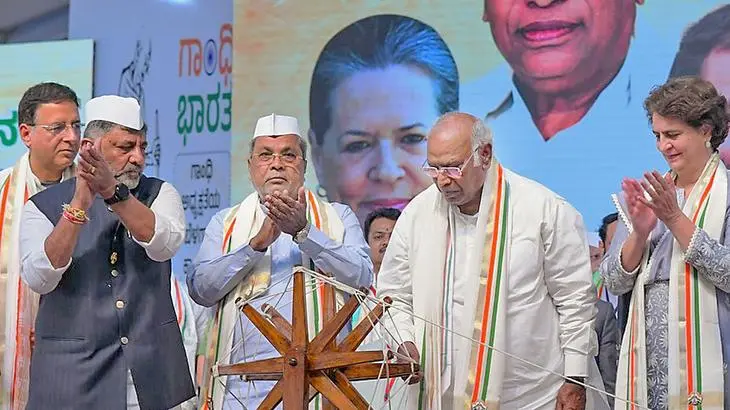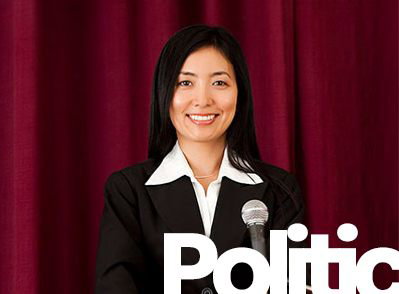Modi's 'One Nation, One Election' Plan Sparks Debate
Prime Minister Narendra Modi's proposal to synchronize federal and state elections into a single event every five years has ignited a nationwide debate. Proponents argue it will reduce electoral costs and voter fatigue, while opponents fear it may centralize power and overshadow regional issues.

January 15, 2025
Prime Minister Narendra Modi’s ambitious ‘One Nation, One Election’ proposal has sparked intense debates across India. The plan aims to synchronize general and state elections, ensuring that voting for both occurs simultaneously every five years. Proponents argue that this system would streamline governance, reduce the massive financial costs associated with frequent elections, and minimize disruptions in policymaking caused by the Model Code of Conduct, which restricts government actions during election periods. Supporters also claim that voters would benefit from a more structured and less chaotic electoral process, improving voter turnout and political stability. The government has set up a high-level committee to explore the feasibility of implementing this model.
Despite its perceived benefits, the proposal has met with strong resistance from opposition parties and constitutional experts. Critics argue that simultaneous elections could weaken India’s federal structure by diminishing the autonomy of state governments. They fear that national issues will overshadow regional concerns, potentially sidelining state-specific agendas. Additionally, logistical challenges such as aligning terms of various state assemblies and ensuring fair representation remain significant hurdles. The debate reflects a larger ideological divide over India’s democratic structure, with some viewing the proposal as a step toward efficiency and others seeing it as a threat to regional political independence.

















